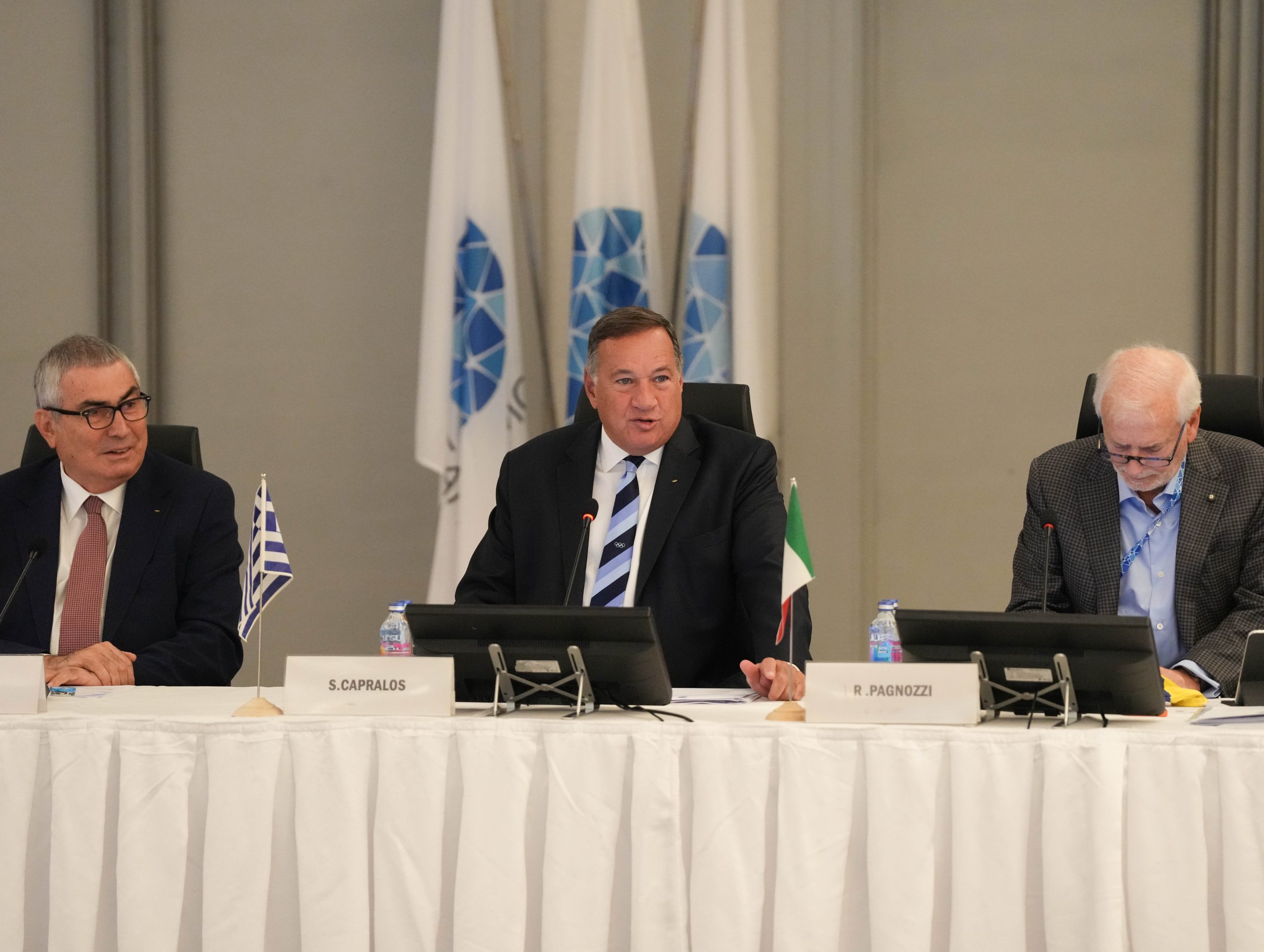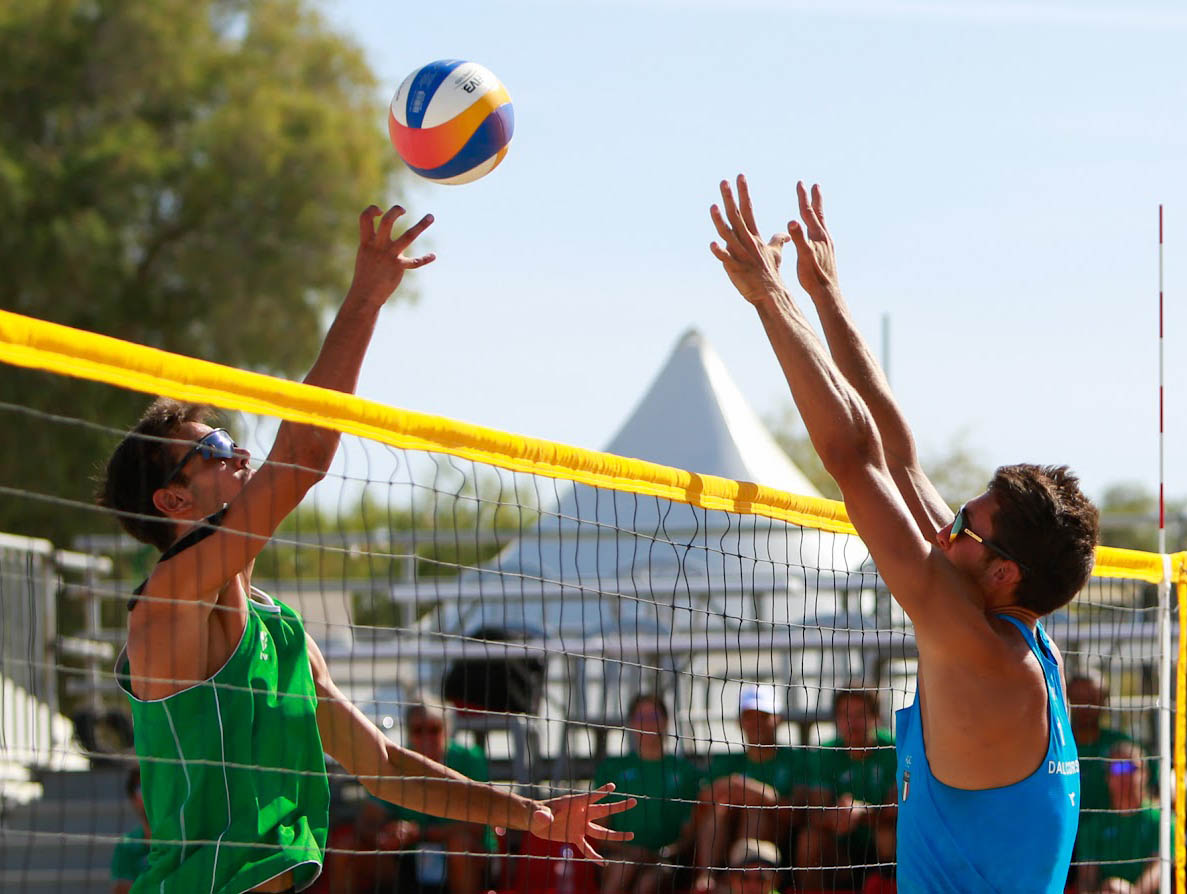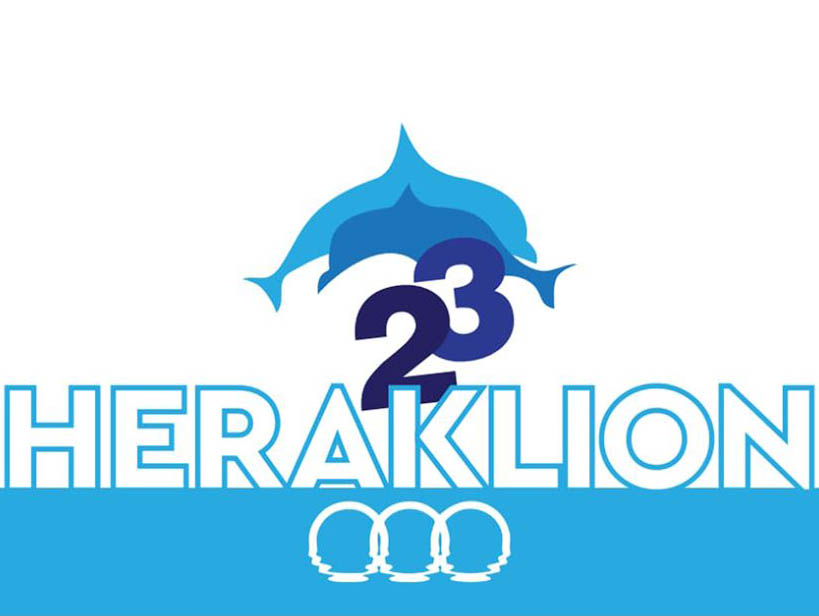1. ECJ: opinion in Case Simutenkov
In the published Opinion in the Case of Igor Simutenkov Advocate General Stix-Hackl thinks that Russian professional football players who are legally employed in a EU Member State have an unrestricted right to participate in competitions run by their association.
The Russian citizen Igor Simutenkov was a professional football player with the Spanish club Deportivo Tenerife. He had a Spanish employment contract, a Spanish residence card and work permit, as well as a Spanish association licence for players from outside the European Community (EC) and the European Economic Area (EEA). The association licence entitled him in principle to be fielded as a player of his club in matches and official competitions. However this opportunity is currently limited through the regulation of the Spanish association which restricts the number of players from outside the EEA in those competitions. Therefore Mr. Simutenkov requested at the Real Federación Espaòola de Fútbol to convert his licence to a Community players licence. Thereby he referred to the EC/Russian Federation Partnership Agreement which prohibits discrimination on grounds of nationality in regard of working conditions. The association refused this. Thereupon Mr. Simutenkov brought a complaint before the Spanish court, which in turn has referred to the European Court of Justice the question whether the Spanish associations regulations are compatible with the Treaty.
In the view of the Advocate General, Simutenkov can directly rely on the prohibition of discrimination laid down in the Agreement. The participation in matches organised by the association in reference to the Bosman and Kolpak verdicts is the main activity of a professional player. Stix-Hackl is of the opinion that the rule of the Spanish association disadvantages a legally employed Russian citizen compared to Community nationals in spite of the interdiction of discrimination, by limiting the team composition and consequently the working conditions of some legally employed professional football players.
According to this the Courts jurisprudence, which prohibits sport associations to lay down rules limiting the number of professional players who are nationals of another EU member state in competitions, could also be applied to legally employed Russian citizens: if in reference to the working conditions a right of equal treatment is granted which correlates with the right of equal treatment allowed to EU citizens.
Up to now there did not exist explicit juridical evaluations on the direct impact of the various Community Agreements with third countries. Within the ECJ’s jurisprudence the case Simutenkov will address for the first time the partner agreements of the Community. If the Court follows the Opinion of the Advocate General, it can be assumed, that the verdict will indicate the interpretation of discrimination-ban for all association agreements, also in regard to the Cotonou Agreement with the African, Caribbean and Pacific States
2. Model for Bundesliga-broadcasting rights finally approved
As became apparent in August 2004 (see monthly report Aug./Sept. 2004), the European Commission has finally approved the model for the football Bundesligas marketing rights. As such, the Commission issued a commitment decision for the first time, based on the new regulatory procedures for the application of the EU competition rules (regulation (EC) no. 1/2003) which came into effect on 1st May 2004. This commitment decision will provide clubs with new opportunities to offer additional services using new media such as the internet or UMTS. Overall, marketing regulations will be relaxed and managed in a more open and transparent manner so that smaller operators will also have the chance to acquire the rights.
Despite this agreement, however, the Commission can still investigate new developments relating to the marketing of Bundesliga television rights.
3. EESC on tourism and sport
The European Economic and Social Committee (EESC), an advisory body of the EU, gave a statement on sport and tourism on 15th December 2004.
The committee welcomed the inclusion of sport in the constitutional treaty and described this as a historic turning point. The EESC now hopes that the community will significantly increase its activities in this field. Support measures will promote a range of initiatives such as exchanging ideal procedures for holding large events, meetings relating to sporting events, etc.
Given the special significance of sport and tourism in society, the EESC recommends developing a European observation point for sport and tourism as well as a database for saving important, relevant information (such as classifications, information on ideal procedures).
4. Results of the four studies for community action on sport
The results of the four studies carried out by the department of sport for the European Commission in April 2003, with the aim of developing a community action for sport, are detailed here. The studies were carried out within the scope of the European Year of Education through Sport 2004. The following issues were investigated:
The situation in Europe as regards the education of young sportsmen and women and their return to education and/or employment once their sporting careers have ended carried out by PMP (Consultancy) in collaboration with the Institute of Sport and Leisure Policy (ISLP) at Loughborough University.
The situation in Europe as regards training for sporting careers with reference to the creation of jobs in this field (Vocasport) carried out by the European Observatory for Sports Employment (EOSE) and their partner, the Vocasport-Group
The contribution of sport, as an instrument of non-formal education, to the multicultural dialogue between young people, and the part it plays in promoting the integration of recent migratory flows carried out by PMP (Consultancy) in collaboration with the Institute of Sport and Leisure Policy (ISLP) at Loughborough University.
New habits among young people which lead to sedantariness; investigation of the effects on the teaching and role of sporting activity as a means of redressing the balance carried out by the University of Paderborn (Prof. Brettschneider) in collaboration with the University of Essen (Prof. Naul)
The complete reports can be requested from the EU office.
info@eu-sports-office.org

















